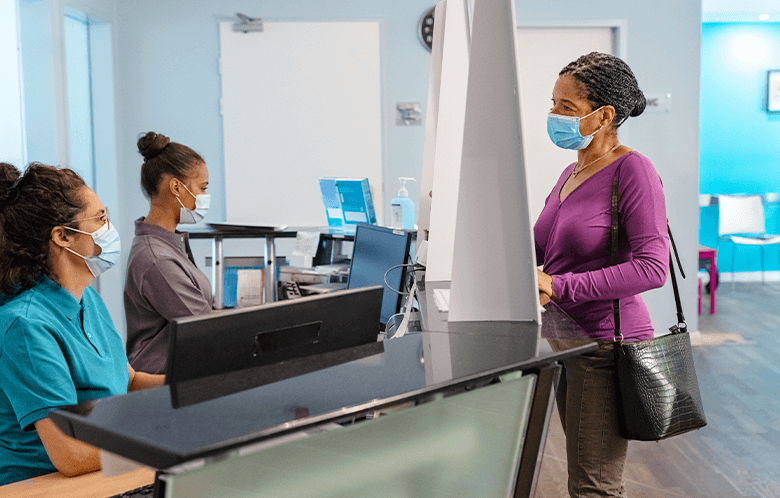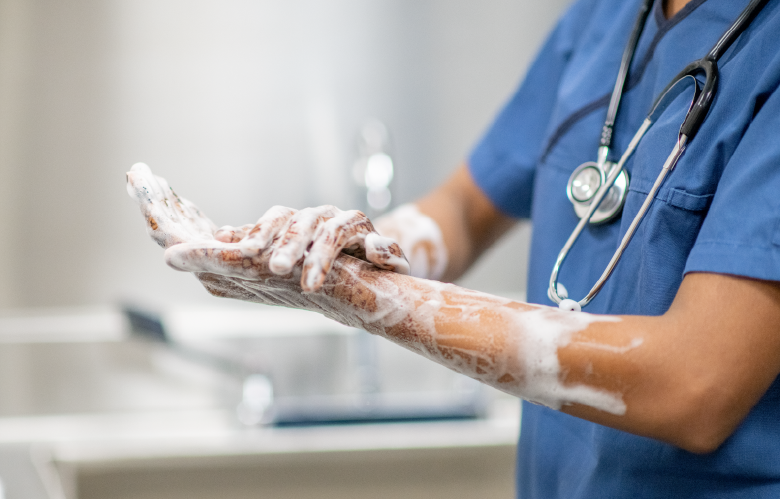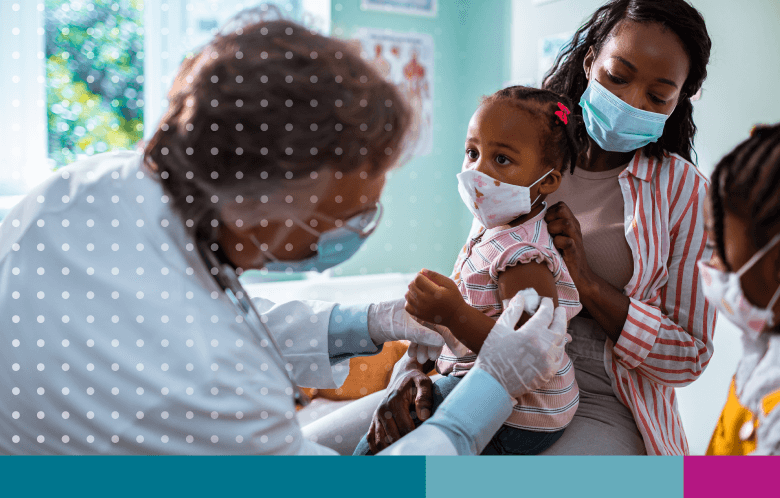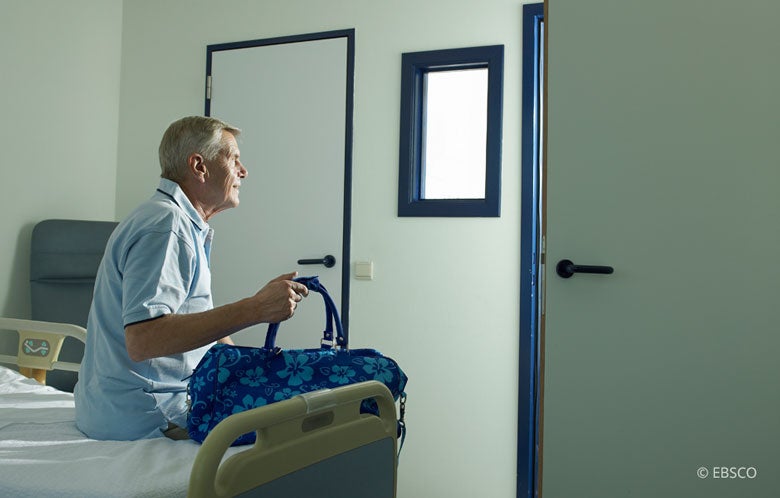If you are anything like the clinical editors at DynaMed®, you have been asked about a million questions about COVID-19 from relatives, friends, and patients. We provide answers to some of the most frequently asked questions.
How common is it to have COVID-19 and not know it (i.e. asymptomatic COVID-19)? Without universal screening, it is hard to know how many people are infected and don’t know it. There have been some studies attempting to estimate the number of people with SARS-CoV-2 infection who remain asymptomatic. A recent systematic review estimated that 20 percent of people with SARS-CoV-2 infection never developed symptoms at any time throughout the follow-up period. Notably, since people can test positive for COVID-19 before developing symptoms (during a pre-symptomatic period), even those who do not have symptoms at the time of diagnosis may not remain asymptomatic over time.
Can asymptomatic or pre-symptomatic patients spread the virus to others? It appears so. Epidemiologic studies have shown that people with COVID-19 who are asymptomatic transmit the SARS-CoV-2 virus just as well as those who develop symptoms. This is one of the reasons why cloth face coverings and physical distancing measures have proven effective; they reduce spread of the virus by people who do not know they have it.
I have been identified as a close contact of a known COVID-19 case. Why do I need to quarantine if my nose test was negative? Viral testing using a nasal swab looks for genetic material from SARS-CoV-2, which is detectable only during a certain window after infection. The incubation period for the virus is up to 14 days. So, if you have a negative test within the first few days after exposure, you could have a positive test a few days later, because it can take up to 14 days for the virus to grow and be detected in your nose. That is why the CDC recommends quarantine for 14 days for everyone with a known exposure to someone with COVID-19, even if viral testing is negative.
Should I get an antibody test to see if I’m immune? An antibody test indicates that your body made an immune response against the SARS-CoV-2 virus, though there is a small chance of a false positive test because of antibodies generated against seasonal coronavirus infections. Regardless, it is not clear at this time whether a positive antibody test means you are immune (i.e. safe from infection or reinfection). Even those with a positive antibody test should continue to take measures to protect themselves and others.
Can you tell the difference between flu and COVID-19? Influenza virus and SARS-CoV-2 are both contagious respiratory pathogens that cause illnesses ranging from a mild upper respiratory tract infection to severe pneumonia, and both can be fatal. Testing is the only way to distinguish between them because the symptoms of flu and COVID-19 are too similar. This flu season, it is advisable for patients with flu-like illness to be tested for both influenza and SARS-CoV-2 viruses in addition to other respiratory pathogens, if indicated by other clinical and epidemiological factors.
What is remdesivir and who should get it? Remdesivir is an antiviral agent that works to block the replication of the SARS-CoV-2 virus, and it is recommended for hospitalized patients with severe COVID-19 requiring supplemental oxygen. Notably, the World Health Organization has recommended against its use because it has not been shown to improve survival. Remdesivir has also been recommended in combination with corticosteroids, though there is no clinical trial data to evaluate this regimen at this time.
What is this new bam-mab drug? A new therapy called bamlanivimab recently received emergency use authorization from the FDA. Bamlanivimab is an antibody that targets the SARS-CoV-2 spike protein and blocks it from infecting cells. It is based on an antibody that was identified in one of the first patients to recover from COVID-19 in the United States, but it is engineered in a lab. It is a monoclonal antibody, meaning it has a single target on the virus, which is unlike your body’s response that targets many parts of the virus. In a randomized trial, bamlanivimab reduced the amount of SARS-CoV-2 virus in patients with mild-moderate COVID-19. Availability may be limited and allocation is under the direction of the Department of Health and Human Services. Trials for bamlanivimab and other antiviral monoclonal antibodies are ongoing.
If I have COVID-19, how long will my symptoms last? It is becoming clear that some patients with COVID-19 might experience symptoms beyond what we would consider the acute phase of the infection. These patients are not always the most severely affected either, a cohort study estimated that about one-third of patients with mild COVID-19 who did not require hospitalization had symptoms two to three weeks after diagnosis. Cough and fatigue were the most common lingering symptoms in these patients.
I have COVID-19, when can I be around others? If you have COVID-19 and do not require hospitalization you should remain in isolation whether you have symptoms or not. People who remain asymptomatic may end isolation after 10 days. Patients with symptoms should remain isolated for at least 10 days from the time their symptoms started and end isolation only after having 24 hours with no fever without using fever-reducing medications, plus noticeable improvement in other symptoms.
What is the chance of getting COVID-19 twice? There have been a few reports of reinfection, though it appears to be a rare occurrence. We are learning more about the immune response to the SARS-CoV-2 virus, but it is unclear whether everyone develops protective immunity after infection. Because of this, people who have had COVID-19 should continue physical distancing and mask wearing after hospitalization and/or isolation.



